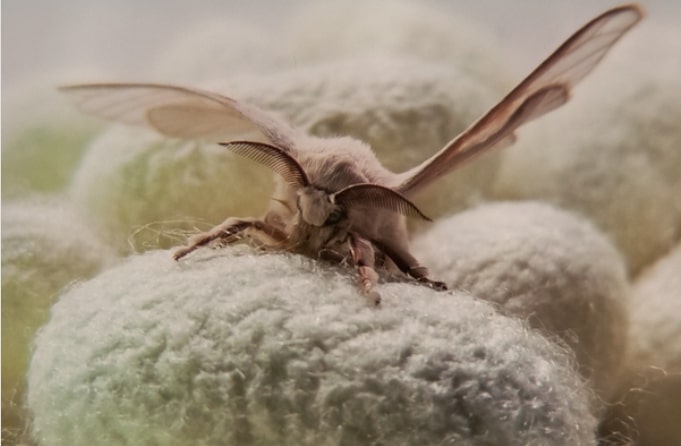Kraig Biocraft Laboratories, Inc. (OTCQB: KBLB) (“the Company”), announces today that it has signed key agreements with the Lam Dong Agro-Forestry Research Experiment Center (“LAREC”), the sericulture authority in central Vietnam, pertaining to the rearing and breeding of the Company’s specialized silkworm.
Within these agreements, Kraig Labs outlined its operational plans for expansion. These agreements outline a collaborative working effort between the Company and the LAREC to integrate the Company’s silk technologies.
Under the terms of the agreements, the LAREC will provide insights and assistance in the selective breeding of the Company’s BAM-1 parental strain tailored for the local climate and rearing conditions. The LAREC will also raise one generation of the BAM-1 strain at LAREC facilities and deliver the resulting eggs back to Kraig Labs for use in its operations.
This definitive agreement further strengthens the collaboration between Kraig Labs and governmental agencies. The agreement builds on the Memorandum of Understanding that the Company announced on January 30, 2024.
“Building these key working relationships is near the top of our agenda, as we expand and grow. We see this agreement as an opportunity to work together to integrate new technologies and deepen our ties in the region,” said Company founder and CEO, Kim K. Thompson. “Forming these working agreements with key sericulture leaders and governmental agencies in South East Asia is a key piece of our unfolding expansion,” continued Thompson, “We look forward to seeing this relationship grow as we work to strengthen our ties in the region. Simultaneously, our operations are exceeding expectations, with the spring production trials now near completion. We have consistently hit our marks over the last two quarters and will soon be ready to enter the next phase of our business plan.”
Thompson remains in South East Asia with renowned sericultural expert, Dr. Nirmal Kumar, overseeing operations as the Company completes the spring production trials and transitions into phase two of its production plan.










